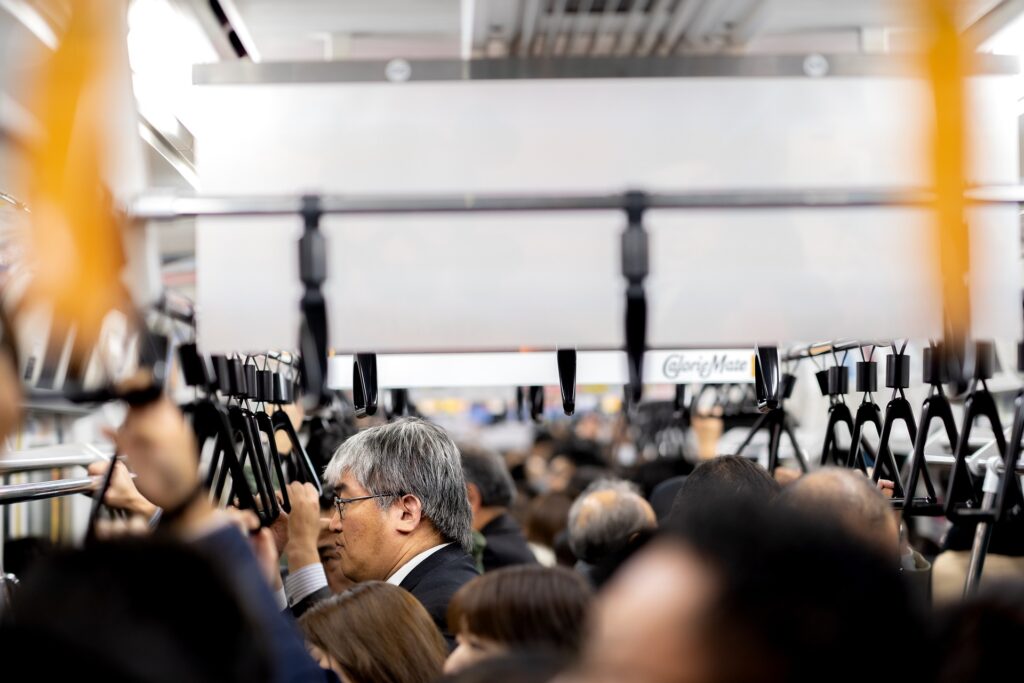Analysis
We offer a distinctive blend of quantitative, historical, and socio-political analysis to explain the global macroeconomy.
The Macroeconomic Impact of Real Estate Prices
Conventional models of inflation focus on demand conditions that result from changes in money supply. When money supply increases create asset-price inflation, such changes are typically regarded as outside the real economy. However we find evidence that suggests inflation in real estate prices can both underpin consumer-price inflation and inhibit the rate of economic growth
Are We Headed for an Autumn Recession?
Wage growth outpaces inflation in USA, Canada and Japan G7, confirming what we previously called the Carl Lewis Effect.
In this September update, we report little evidence of a wage-push spiral. Wage growth is not currently a primary driver of inflation. We are also sceptical of claims that the global economy is headed to an autumn recession. If a recession occurs at all, it will likely be short and shallow.
The Carl Lewis Effect
While inflation generally outpaces wages for the time being (meaning that real wages are negative), wage growth resembles the famously slow-starting sprinter who would nonetheless continue to gather pace after his rivals began to run out of steam. Likewise, we expect headline inflation to taper off in the course of 2023. Wage growth will continue to gather pace, with real wages turning positive in the middle quarters of the year.
Britain's New Austerity
Britain faces a wave of strikes that has been likened to the 1979 ‘Winter of Discontent.’ In response, the government has taken a hard-line stance, declaring that it cannot afford to meet workers’ demands, and that doing so will worsen inflation. We suggest that the government’s hard-line stance is likely misguided and based on overly-simplistic economic reasoning.
The New Global Inflation Regime
Central banks in advanced economies generally expect inflation to fall back down to about 2-3% in the next couple of years. However, we project that inflation will remain elevated much longer than expected, and may not settle below 3-4%. At the same time, employment will remain more robust than during similar phases of previous disinflation.




